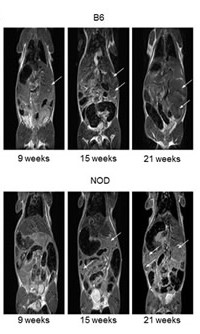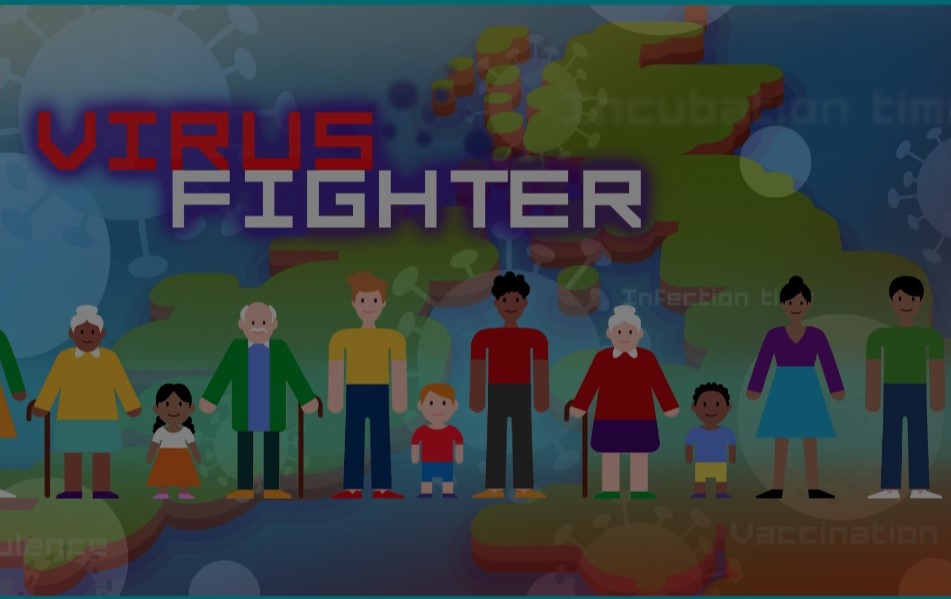Friday
Nov102017
Will pancreatic cancer be the next target for immunotherapy?
 Friday, November 10, 2017 at 10:13AM
Friday, November 10, 2017 at 10:13AM Pancreatic cancer is one of the scariest diagnoses a patient can receive. Even though it is a rare disease, with only 1 in 100 people developing it, it is a rapid killer - even with the best medical attention the median survival rate is less than 6 months.
 In a study just published this week in Oncotarget, our laboratory looked at the relationship between autoimmunity of the pancreas and pancreatic cancer. We found that mice prone to pancreatic autoimmunity develop greater levels of immune infiltration around tumours in the pancreas, and this substantially slowed the growth of the tumour.
In a study just published this week in Oncotarget, our laboratory looked at the relationship between autoimmunity of the pancreas and pancreatic cancer. We found that mice prone to pancreatic autoimmunity develop greater levels of immune infiltration around tumours in the pancreas, and this substantially slowed the growth of the tumour.The reason why this result is so important is that it means our immune system can actually combat pancreatic cancer, if we can just drive an autoimmune reaction against the tumour. Here we used genetics to create an autoimmune-prone mouse, but immune checkpoint blockade therapies can create exactly the same pro-autoimmune response in patients. Our results therefore suggest that there is an effective latent response against pancreatic cancer that is waiting to be unleashed by immune checkpoint inhibitors.
Original article: Dooley et al, "NOD mice, susceptible to pancreatic autoimmunity, demonstrate delayed growth of pancreatic cancer". Oncotarget, 8(46):80167
tagged  Liston lab,
Liston lab,  cancer
cancer
 Liston lab,
Liston lab,  cancer
cancer 




Reader Comments